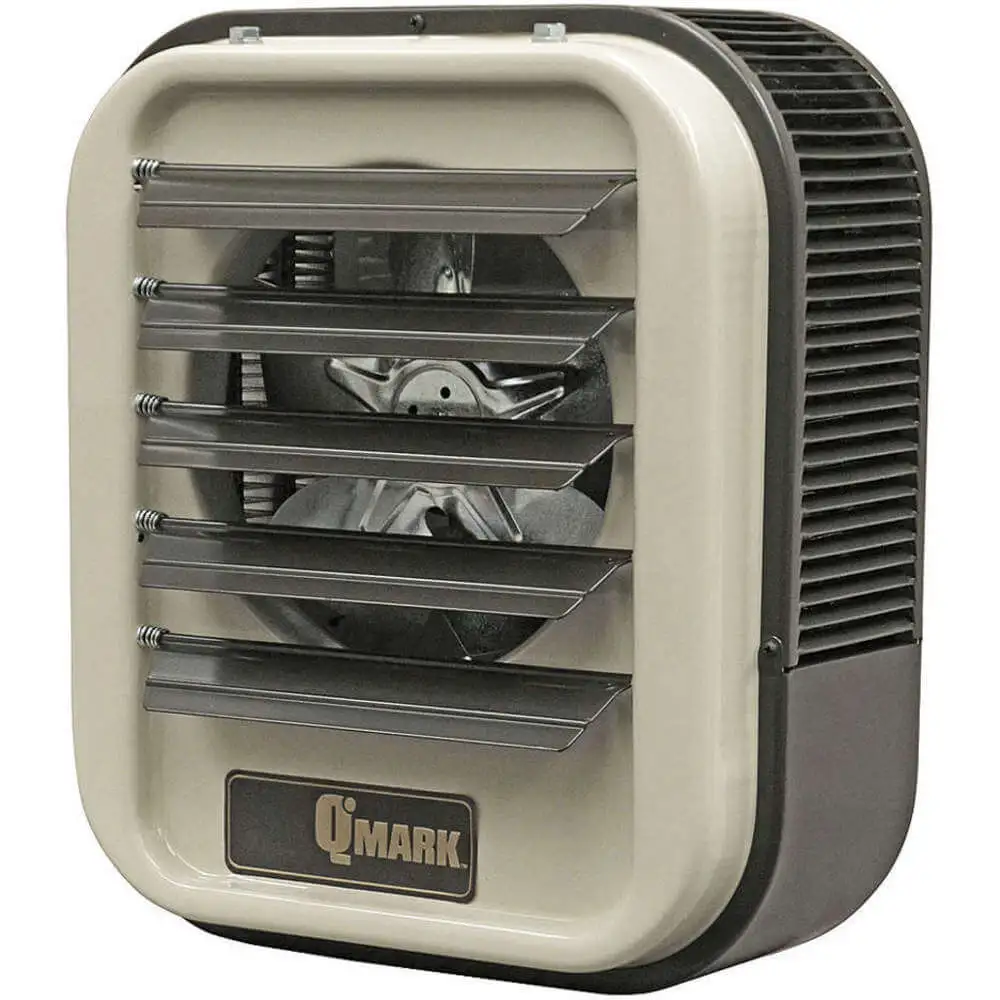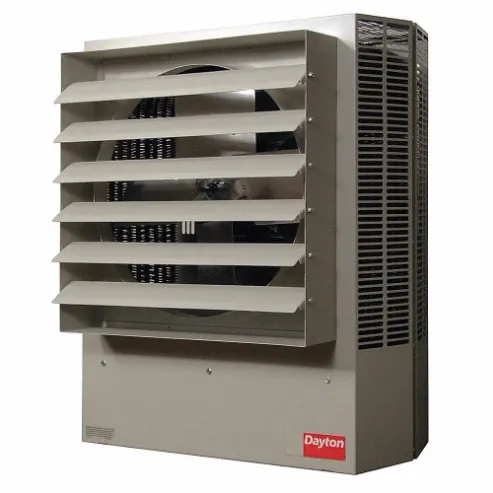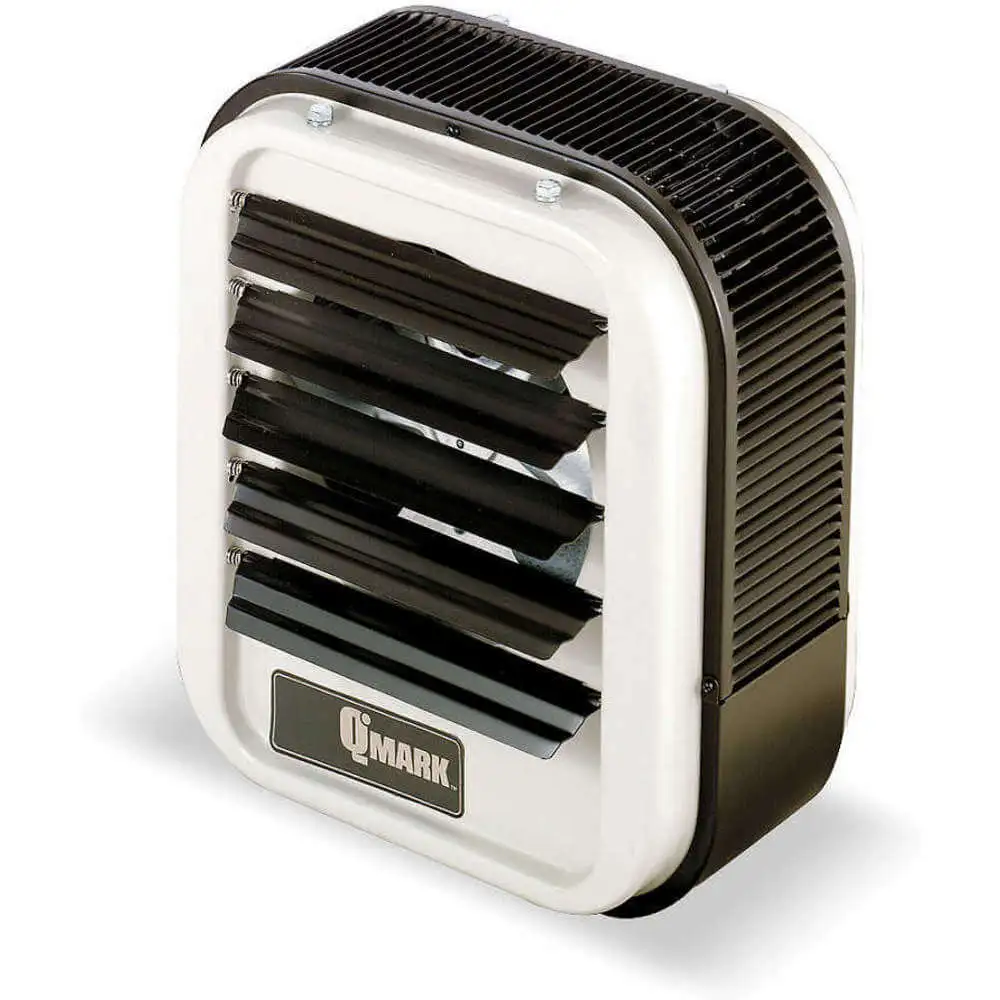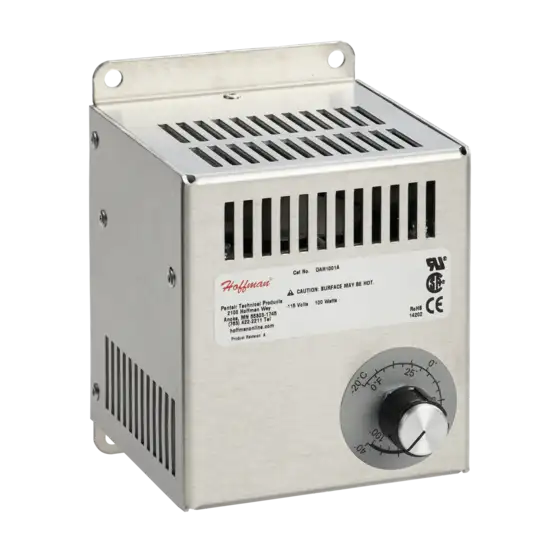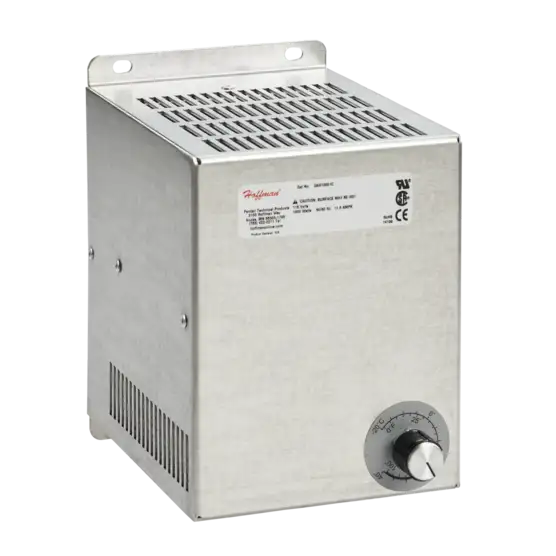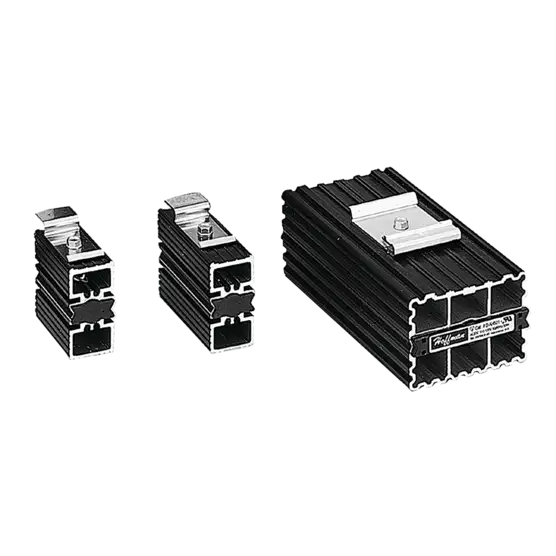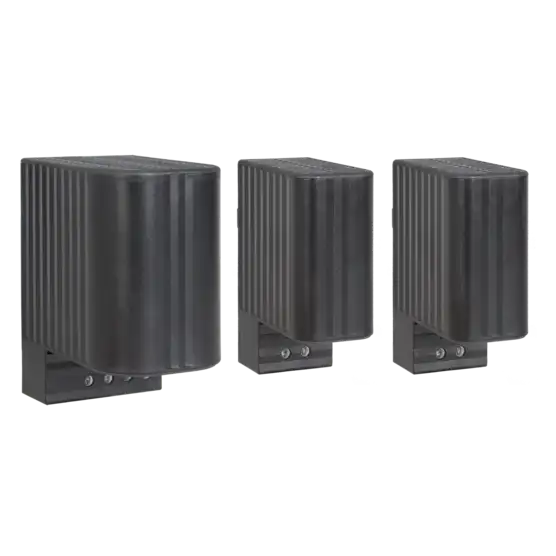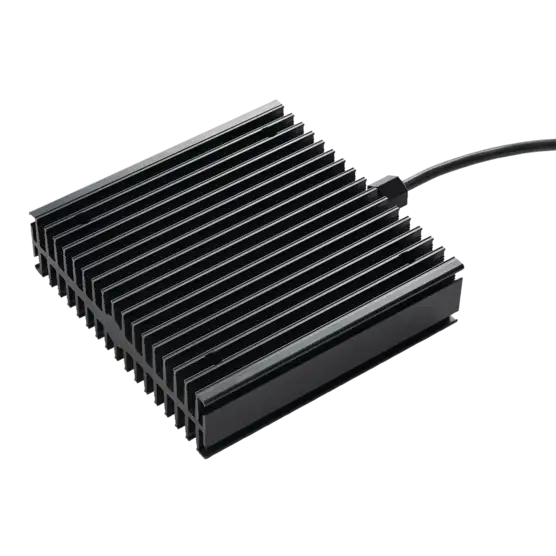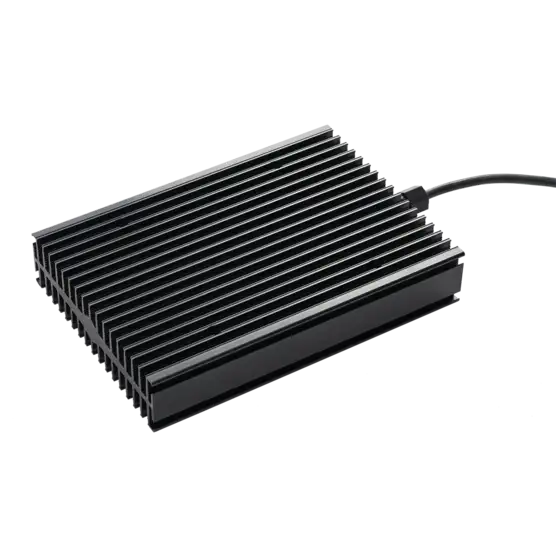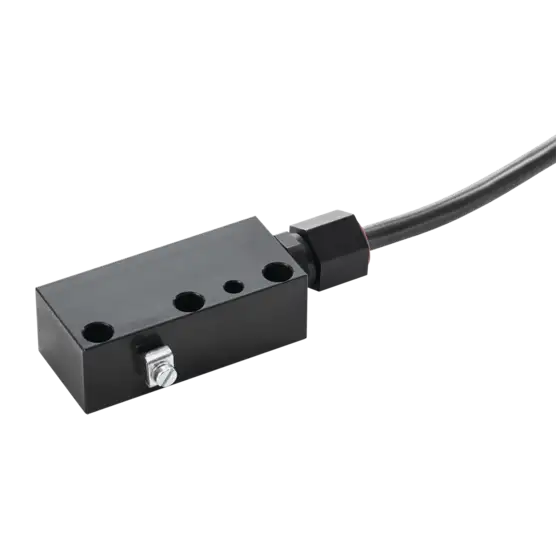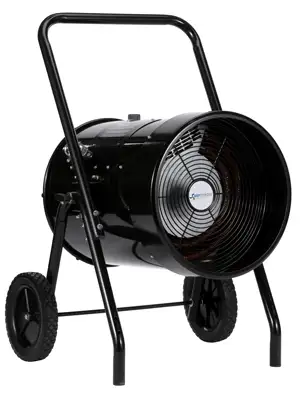Uses
Electric unit heaters are ideal for heating large areas like factories, warehouses and garages. They are ideal for locations where central heating is not possible. However, selected models can also fit into tight spaces and ducts.
Frequently Asked Questions
What to do in case of electric unit heater failure?
Assuming that the selected unit heater is the correct choice for the desired heating capacity & airflow, the first thing to check is the wiring connection & the status of fuse. Users should also clean dirt or dust accumulated on the motor, causing heating up of the motor. Motors should also be lubricated regularly for smooth operation.
What accessories are compatible with these electric unit heaters?
Raptor Supplies can deliver a wide range of accessories that fit into the electric unit heaters for ease-of-use. Thermostats are used to control the temperature of the heater either digitally or through a mechanical dial. Internal fan switch allows users to switch on only the fan during summer months. Universal wall and ceiling mounting bracket kits are used to attach these unit heaters to walls or ceiling without taking up the floor space.
What is the difference between different variants of electric heaters?
Electric heaters come in various types such as electric baseboard heaters, electric fan coil heaters, heating cables and portable electric heaters. The electric baseboard heaters install along the base of the wall to supplement the central heating system or warm a small room by itself. Electric heating cables heat up pipes, roof, and gutter systems. They are also installed under the flooring for heating the floors. The electric fan coil heaters or plenum heaters are used for heating concealed places like drop ceilings or plenum spaces. The portable electric models can be moved from one location to another using wheels or carts wherever extra heat is desired. They are also used as personal heating units in offices or receptions.
 £ GBPChange Country
£ GBPChange Country

